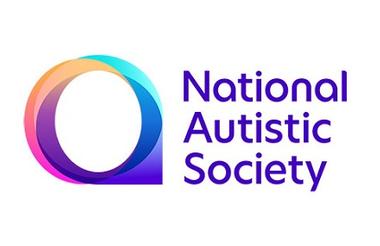Expenditure at the National Autistic Society (NAS) rose by nearly £9m as the membership organisation continued to face recruitment and retention challenges.
The charity’s annual report for the year ending 31 March 2023 shows that expenditure on charitable activities rose to £103.5m last year, compared with £94.8m in 2021-22.
The report says that the increase reflects, “in particular, the challenge of recruiting and retaining staff and covering vacancies with agency spend”.
In its previous accounts, the charity reported “increasing pressure on staff”, and that it had taken steps to address safeguarding concerns after staffing struggles in its schools and adult services.
‘Financial performance reflects a tough year’
NAS said in its latest report that in-year financial performance “reflects a tough year, with ever-increasing pressure on staff and other costs, coupled with continuing local authority budget constraints”.
The group reported “a net operating deficit of £3.7m from continuing operations excluding actuarial gains on pensions schemes”, compared to an operating surplus of £0.8m in 2021-22.
Overall, total income increased by £3.5m to £99.1m against expenditure of £103.5m (2021-22: £94.8m).
In December 2022, the NAS Academies Trust (NAS AT), which operates three free schools, was separated from NAS group and became independent.
When factoring in the removal of NAS AT, total expenditure for the group increased to £123m.
Voluntary income fell by £1.2m to £13.3m, “primarily accounted for by a decrease in grants from £6.1 to £4.6m”, while donations and gifts increased from £8.4m to £8.6m, the report reads.
Caroline Stevens, chief executive of NAS, wrote in the report: “In common with all providers of social care and education, we are currently operating in an incredibly challenging environment.
“We have seen funding decrease, alongside a significant sector-wide drop in the available workforce and associated issues with recruitment and retention of staff. This is particularly challenging because we predominantly provide services to individuals with complex support needs who require dedicated support from highly trained and skilled staff, and high-value care packages.”
Safeguarding remains ‘our highest priority’
NAS reiterated that “safeguarding is our highest priority” and that it has “embarked on a programme of change, investing in new systems and processes to strengthen the delivery of our services”.
“During the year, we progressed several actions that arose from our governance review in early 2022 to ensure that the children and adults in our care continue to be supported and kept safe from harm.
“We strengthened the independent safeguarding board with new independent members and recruited a trustee who provides a focus on safeguarding at board level, leading to a greater level of oversight and scrutiny.”
The charity said it intends to review its current safeguarding training materials and develop a safeguarding training strategy next year.
Highest staff costs
Staff costs accounted for 71.2% of the charity’s overall costs, a decrease from 72.4% last year, while the average number of employees in the year was 2,469 (2021-22: 2,527).
In total, staff costs increased from £68.6m to £73.8m. Of this, £9.6m was spent on agency staff costs, compared with £7m in 2022. Gross wages and salaries alone were £55.6m (2022: £53.7m).
Meanwhile, the charity’s mean gender pay gap decreased from 2.8% to 1.7%, which equates to a difference of £0.22 an hour, and the median increased to 0.7%.
“This means that, taking the middle point between the lowest and highest hourly rates of pay, men are paid £0.07 an hour more than women,” the report says.
“Both results demonstrate that men and women are paid nearly equally across the charity, and we are committed to continuing to close the gap.”
Related articles












